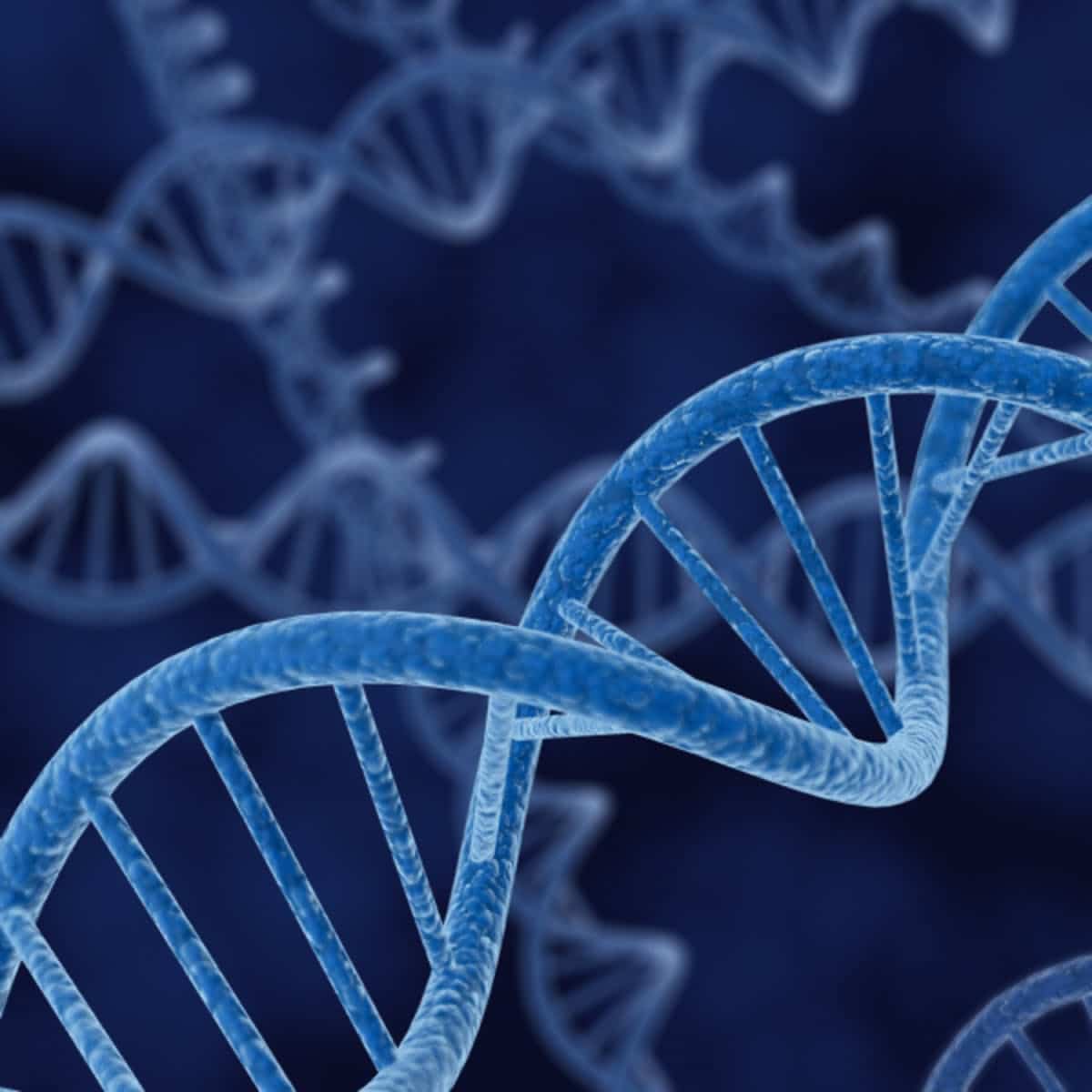There is Hope beyond DNA predisposition
In 1953, James Watson and Francis Crick made a groundbreaking discovery by unveiling the structure of DNA, the molecule encoding the instructions for life. The double helix model they proposed explained how DNA could replicate itself during cell division, allowing organisms to reproduce with remarkable accuracy. For five decades, this discovery fueled the pursuit of understanding life’s basic building blocks, leading to the Human Genome Project, launched in 1990. Despite initial expectations of mapping a vast genome, the project revealed that humans have approximately 22,300 protein-coding genes, comparable to other mammals and even outscored by a fruit fly.
The Human Genome Project was a triumph in international scientific cooperation, providing crucial insights into human genetics. It paved the way for identifying genetic variants linked to common diseases, such as sickle cell disease, breast cancer, and Alzheimer’s disease. However, the relatively small number of human genes raised intriguing questions about the complexity of genetic regulation and the factors influencing human health.
The era of strict genetic determinism began to wane, giving rise to the field of epigenetics. Epigenetics explores how gene expression changes in response to environmental and behavioural inputs over a lifetime. Rather than viewing life as predetermined by fixed genetic codes, the emerging paradigm sees humans as dynamic entities, constantly changing in relation to their environment and behaviours.
Epigenetics, derived from the Greek word “epi” meaning “above,” refers to modifications above the genetic code that influence gene expression. It represents a paradigm shift from the deterministic perspective of mapping genes to understanding the dynamic interplay between genes and their environment.
The analogy of a piano performance illustrates the concept of epigenetics. The DNA serves as the 88 keys, representing the hand one is dealt. The epigenome, likened to the piano player, sits above the keys, influencing their expression. Just as a pianist’s skill varies, the epigenome determines whether genes produce health-promoting or compromising effects.
Genetic predisposition does play a role in certain conditions, but the shift towards understanding chronic diseases emphasizes the impact of behaviour and environment. Epigenetics emphasizes the changing expression of genes, comparing it to a piece of music that can be either health-conferring or compromising.
DNA methylation, a common mechanism in epigenetics, involves the addition of methyl groups to the DNA molecule, affecting gene expression. Hypermethylation, or excessive methylation, can silence genes, potentially contributing to diseases like cancer. However, epigenetic changes are reversible, allowing the reactivation of silenced genes.
Biological age, reflecting how well physiological systems function compared to chronological age, is influenced by epigenetic patterns. The Horvath clock, measuring DNA methylation patterns, estimates biological age. Understanding these patterns offers insights into aging and age-related diseases.
Environmental factors play a crucial role in DNA methylation patterns. Toxins, lifestyle choices, stress, and prenatal factors can influence gene expression. Epigenetics offers a bridge between genetics and lifestyle, illustrating how lifestyle factors impact gene expression.
Our Natuopaths, Chiropractors and Holistic Therapists empower their patients on their way to wellness by educating them on the Triad of Health. With adjustments to the Structural aspects through movement and body massage, the Chemical aspects such as nutrition habits, supplementation and herbs, and finally the Emotional aspects through Kinesiology, NET and Counselling, patients can create a better environment for “good” genes to express and “not so good ones” to stay dormant.
Epi-nutrition, an emerging field, explores how food impacts gene expression. Nutrients like folate, vitamin B12, B6, choline, methionine, and betaine contribute to healthy DNA methylation. Adaptogens, herbs resisting various stressors, also impact DNA methylation, potentially influencing gene expression positively.
The study of epigenetics is in its early stages, revealing a vast and mysterious realm full of questions. However, it mirrors the paradigm shifts seen in physics during the 20th century, moving from a fixed, deterministic view to understanding a dynamic, interconnected reality. Epigenetics, neuroplasticity, and the microbiome highlight the dynamic nature of the human body, demonstrating its constant interaction with the environment. By modifying our exposome, encompassing lifestyle factors and environmental influences, we can influence our genome’s expression, offering avenues for healing and moving towards wholeness.
[Source: inspired in the words of Jeff Krasno, “Epigenetics. Part 1”]Our Natuopaths and Holistic Therapists are here to Empower you on your way to Wellness. Give us a call today on 07 5535 9833 or book online.
Contact us to learn more about our modalities today!





